Your basket is currently empty!
Clinical Animal Behaviourists are incredibly important people to have in the animal world. They have the ability to change an animal from being unhelpful and unwilling to a happy and enjoyable companion. But do you know exactly what they do, who benefits from their work and how you could become one?
Join us in this blog as we run through everything you need to know about clinical animal behaviourists. Throughout this blog, we will cover what they do, their benefits, the animals they work with, and much more.
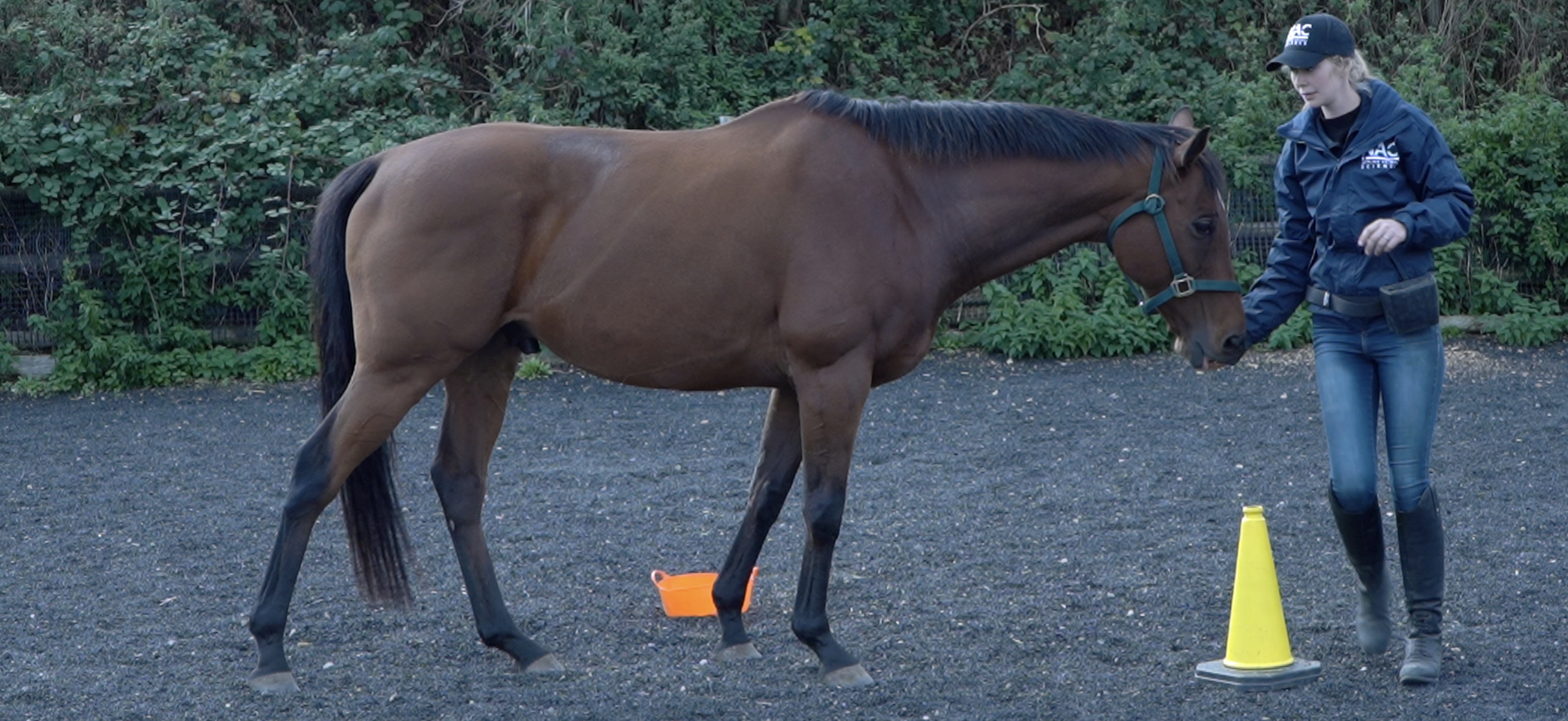
What Does a Clinical Animal Behaviourist Do?
What a clinical animal behaviourist does is help animal owners with behavioural issues present in their animals. They work with the owner and the animal to implement positive behavioural changes that ultimately make a difference to their overall well-being.
Clinical animal behaviourists will be able to identify and address problem behaviours, leaning on aspects of theoretical science they have picked up during their training. This can range from ethology, domestication and training up to clinical consulting procedures and psychopharmacology.
Clinical animal behaviourists are known to be available for a wide variety of animals, however, most will specialise in one animal. This allows them to fine-tune their expert knowledge of the animal’s psyche. Most clinical animal behaviourists specialise in one of either dogs, cats, horses or exotic animals.
To find out more about what clinical animal behaviourists do, check out our blog.
Who Benefits From a Clinical Animal Behaviourist?
The people who benefit from the work of clinical animal behaviourists are those who have animals who have picked up behaviour problems that are making life challenging.. For example, if you have a horse that is difficult to catch in the field, it can make it very stressful and also quite dangerous if you ever need to get your horse out for any reason. A clinical animal behaviourist will look at the unwanted behavioural issue and identify the potential causes as well as likely solutions.
What Animals Do Clinical Animal Behaviourists Work With?
A clinical animal behaviourist is likely to specialise in a particular animal; however, some have broader knowledge and experience, allowing them to work with a variety. Below are three of the most common animals that clinical animal behaviourists work with.
Equine
Equine behaviourists work with horses of varying ages, breeds with the aim of addressing any problem behaviours. Behaviourists will work with the horse and their owner to help them become as responsive to their chosen discipline as possible.
Canine
Dogs are one of the most popular animals for clinical animal behaviourists to work with. As household pets, there is a greater stress on the animal being easy to live with as opposed to a horse, which is housed outside of the owner’s home. Some breeds are known for being more difficult than others, however, the importance of a well-trained canine is relevant for all. A canine behaviourist will work with the owner and the dog to make it more receptive, obedient and patient.
Exotic
There are fewer exotic animal behaviourists out there due to demand, but this doesn’t mean this isn’t an avenue that many choose to explore. Some choose to work with exotic animals as it makes every day interesting, and this job can take you to different corners of the world.
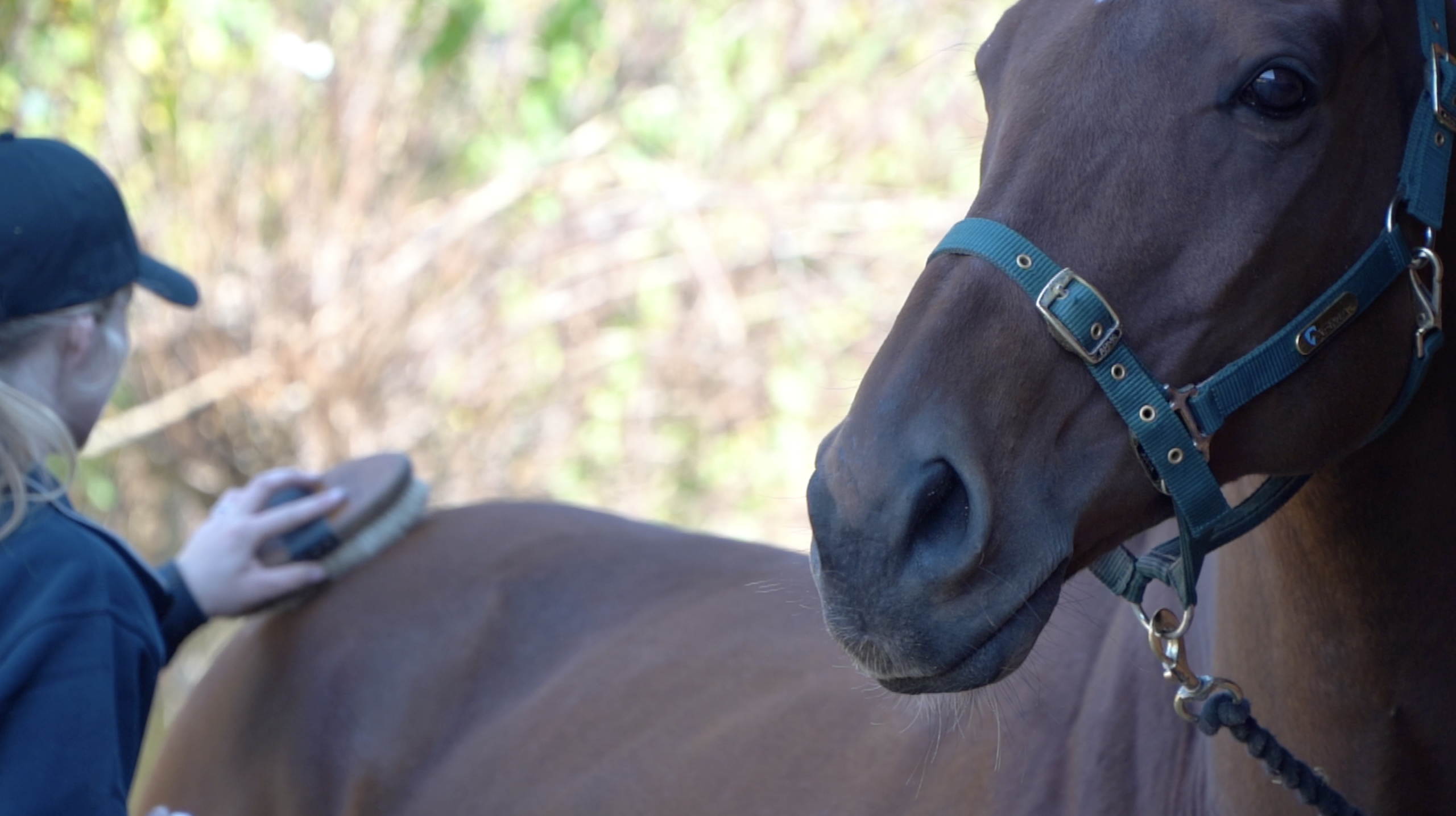
How To Become a Clinical Animal Behaviourist in the UK
More and more people are choosing to become clinical animal behaviourists as it works as the perfect intersection of something they’re passionate about and interested in. This gives them the drive to succeed in the industry. There are a couple of ways to become a clinical animal behaviourist, with some being more effective than others.
Clinical Animal Behaviourist Education
For some, their first thought when dreaming of qualifying for this career is to look into university degrees. While this is a viable route, it often is a long and expensive route into industry, with many animal behaviour university courses being at least 3 years long, without factoring in work experience. When you consider each year costs a minimum of £9,250, it is wise to look elsewhere to gain a qualification.
Our chosen alternative is to explore a diploma course. These are some of the best ways to get yourself on track to being a qualified ABTC clinical animal behaviourist. They tend to be cheaper, more hands-on and quicker ways to give you the appropriate qualifications to take the next step in your career. Stay tuned for Clinical Animal Behaviourist courses at The NAC!
What Skills Do Clinical Animal Behaviourists Need?
Outside of experience and qualifications, there’s a handful of characteristics and traits that make up the best clinical animal behaviourists. A willingness to learn and evolve is right up there, this is due to the industry changing each year with new theories and findings being published regularly. Alongside this is resilience; the best clinical animal behaviourists are able to put their frustrations aside and work to find solutions. And finally, a passion for the animal you’re working on day in day out will make the world of difference.
Start Your Career in Animal Behaviour Today
If you’re looking to kickstart your career in the animal behaviour industry, there is no better way than with The NAC. We offer a range of courses on management, welfare, and training to ensure our students have all the tools to be successful in the industry. Check out our animal behaviour courses to find out more about our offering. For more information, please do not hesitate to get in touch with us.
Want to learn more about animal behaviour without enrolling right now? Head to our free resources section for accessible guides on the most popular topics.

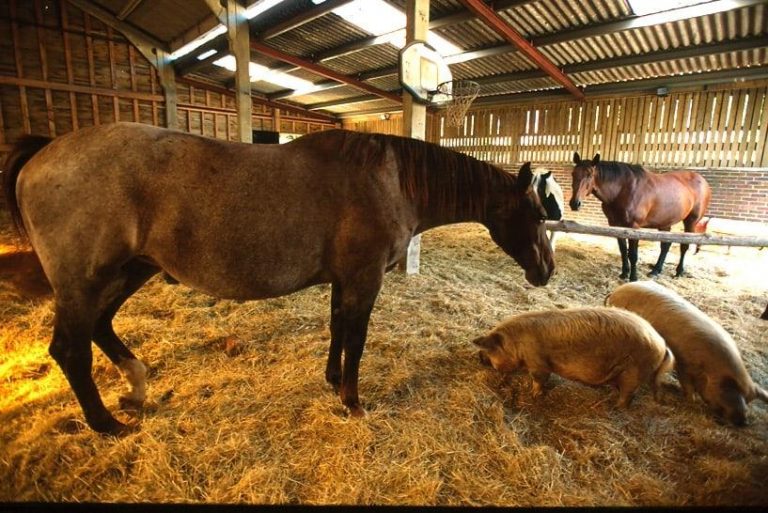
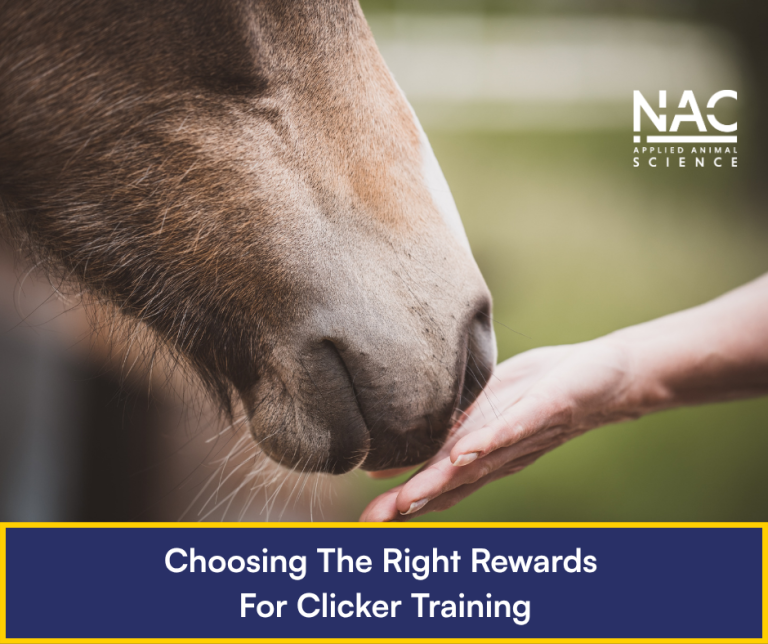
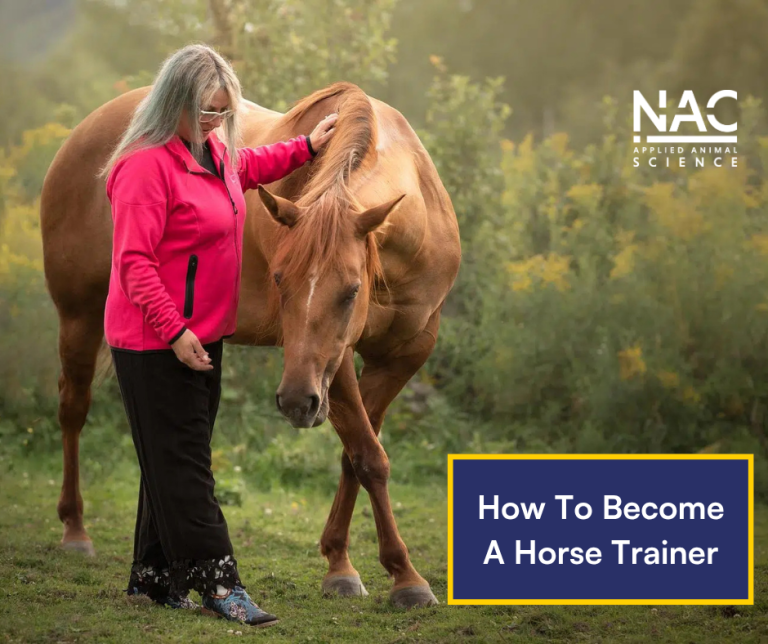
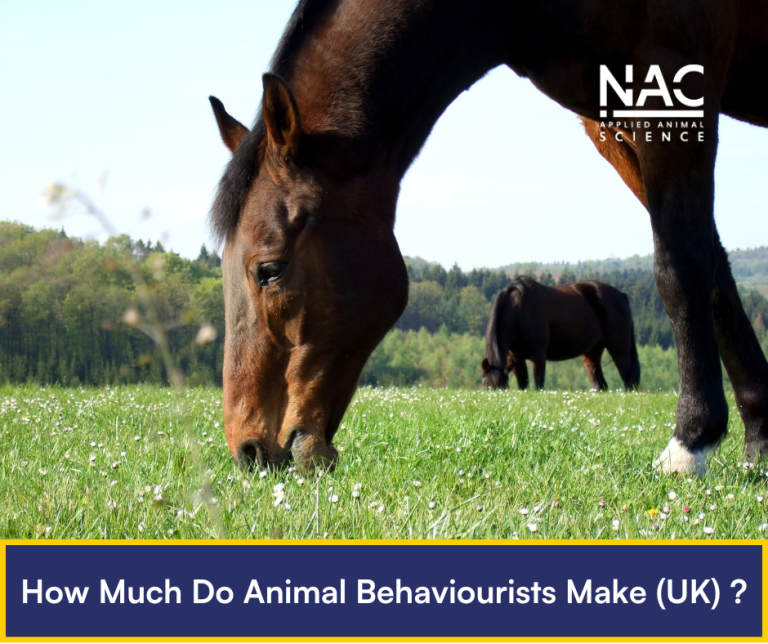
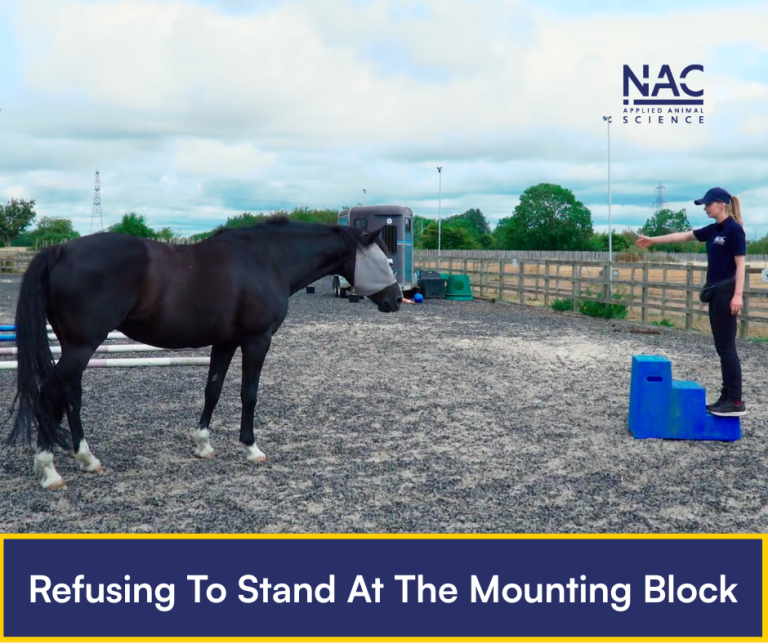
![Dog Recall Training [Guide]](https://the-nac.co.uk/wp-content/uploads/2025/04/5-1-768x644.png)